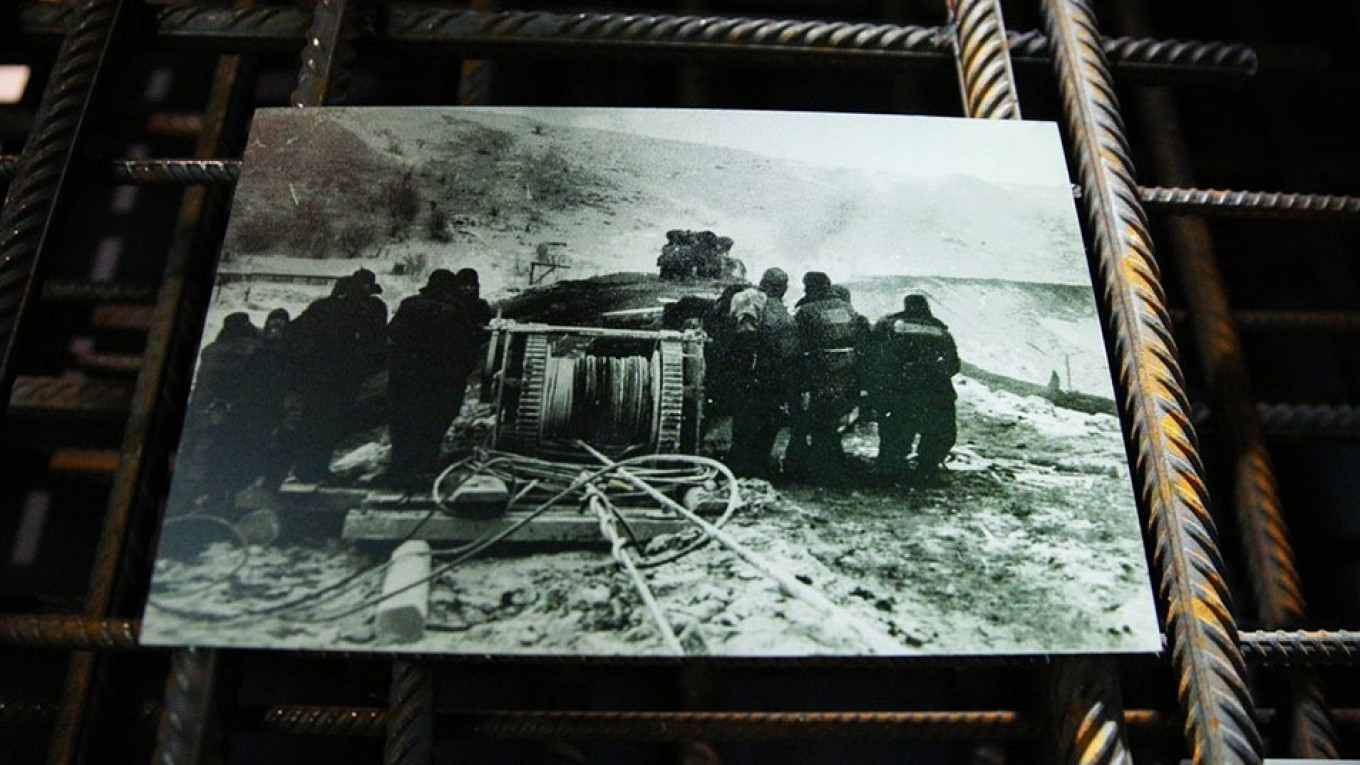
The children of victims of Stalin-era repressions have the right to receive state housing in the cities where their parents had been deported from, Russia’s Supreme Court has said in a landmark ruling Tuesday.
Amendments to the 1991 law rehabilitating victims of Soviet-era political repressions adopted in 2005 contradict the Russian Constitution because they make it “impossible” for their children to receive housing, the court said. The court instructed federal and regional lawmakers to amend their legislation to ease housing restrictions “without delay.”
“This is practically the most we could have expected from the Constitutional Court,” Grigory Vaypan, a lawyer representing three women seeking restitution, told the Kommersant business daily.
Federal and regional lawmakers have six months to amend their legislation, the publication reported, citing Russian State University of Justice professor Olga Kryazhkova.
“I’d call this ruling the most important and impressive event in Russian constitutional justice of 2019,” Kommersant quoted Kryazhkova as saying.
The court took up the case of the three women whose parents were deported from Moscow during Stalinist repressions between 1937-1941 this summer.
Yelizaveta Mikhailova, Alisa Meyssner and Yevgenia Shasheva had a 0.5% chance of their case being heard, Vaypan told the U.S.-funded Radio Free Europe/Radio Liberty news outlet when the Constitutional Court began deliberations in October.
“It’s a symbolic ruling, and an important step toward closing this chapter of Russia’s history,” Vaypan told RFE/RL of his clients’ victory Tuesday.
Their case was the second lawsuit on victims of Soviet-era repressions to reach the court in Russia’s history, the outlet reported in October.
In 2015, the Constitutional Court refused to rehabilitate the head of the Soviet-era NKVD secret police who oversaw the Stalinist purges of the 1930s and set up the gulag forced labor camps. Genrikh Yagoda, who ran the NKVD from 1934-1936, was executed in 1938 for treason and conspiracy.
Between 3 million and 12 million victims of Stalinist repressions were estimated to have been imprisoned in the gulags. Russians are increasingly divided over Stalin, with a record number approving of his role in history and young people unaware of his repressions.
The Kremlin has in recent years advanced a narrative that Russia must not be ashamed of its Soviet past. President Vladimir Putin had said that attempts to demonize Stalin were a ploy to attack Russia.
